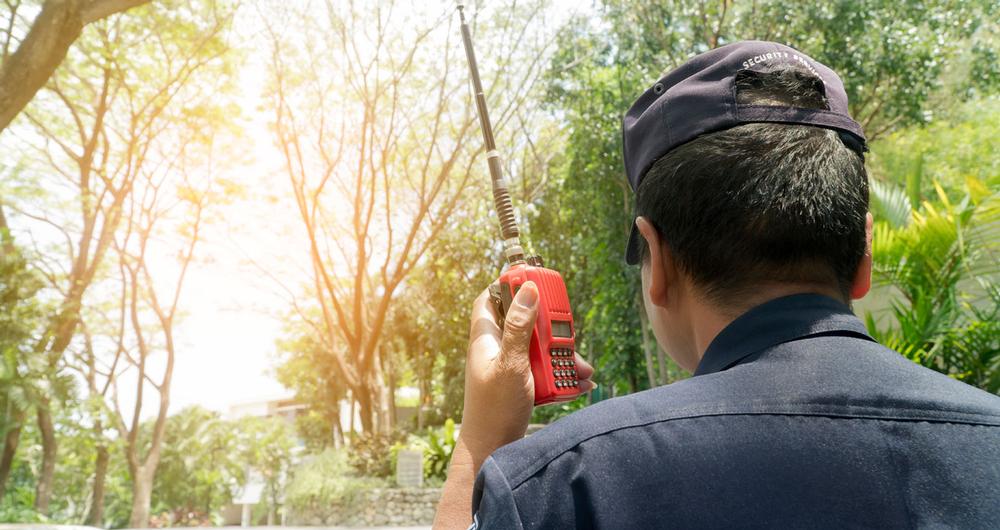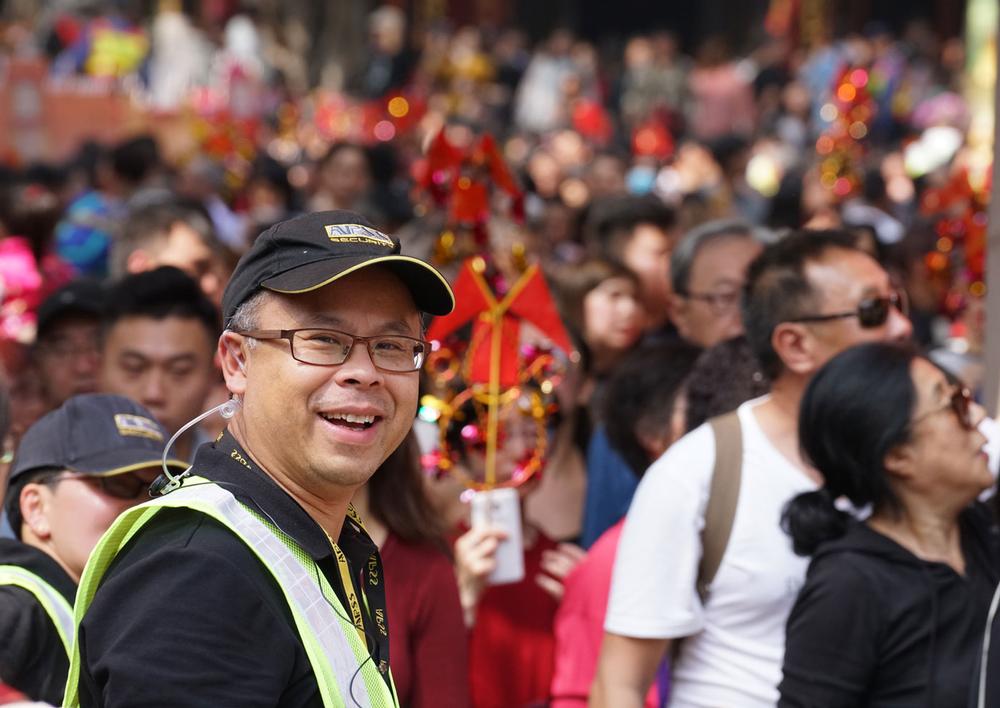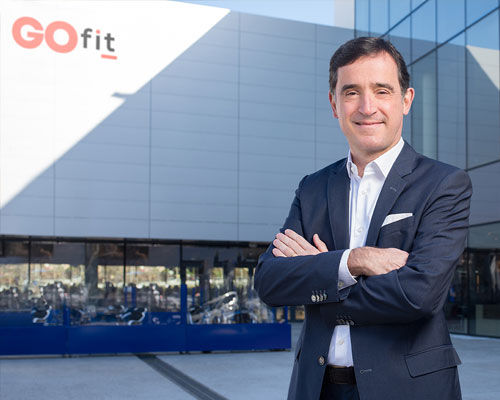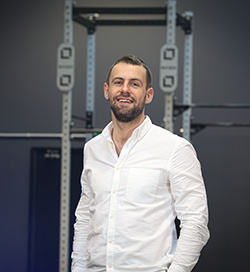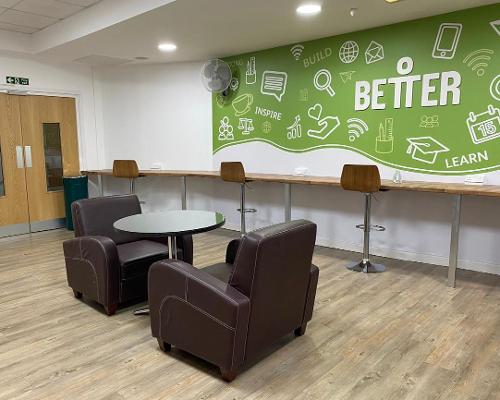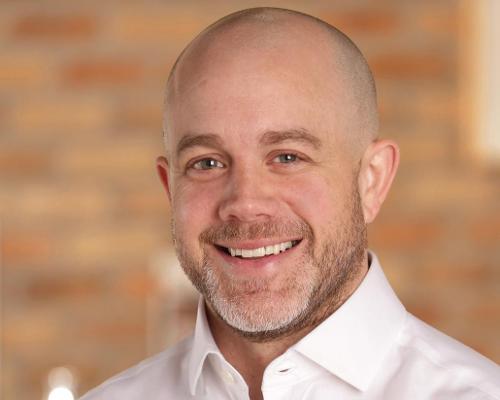features
Sponsored briefing: NW Security Group’s Nigel Peers looks at training and managing an effective team for your attraction
Nigel Peers, Senior Consultant at NW Security Group, shares his tips on how to build a security team that performs at its best

This article is written with newly recruited security managers in mind. Coming into any new security management role can feel daunting, so it makes sense to look at some of the building blocks for getting more out of your security team – helping them to become a highly motivated, professional team.
We live in a world where, particularly in large visitor attractions, there is increased need for vigilance and mutually supportive, overlapping security provision. Organisations must do all they can to define and mitigate risks and that involves the professionalisation of in-house security teams.
Starting point
When starting any new role, you are a ‘fresh pair of eyes’. You’ll be able to spot vulnerabilities and assess security risks unencumbered by the ‘we’ve always done it this way’ type of thinking that can hinder improvement and innovation.
When I first took up my previous role as security manager at Chester Zoo, UK, in 2013, I spent time walking around the attraction to assess the levels of perimeter security, spot key vulnerabilities and assess the vigilance, response and effectiveness of patrolling officers.
By doing this, it was possible to determine how security-aware and incident-ready the site team was, often by simply making observations and asking questions of members of staff, as well as contractors and other people entitled to be on site. Contractors’ experience of security checks, and entry and exit processes often proves more revealing than talking to the patrolling officers themselves.
Make sure that you document these first impressions very carefully. You will find that they very often form the seeds of your Security Vulnerability Risk Assessment report, which is likely to be the first job you will need to complete before you get to work, which enable you to recommend and implement improvements.
Assessing capabilities
A key task then is to assess the skill level, work ethic, management potential and temperament of members of your security team. Interview them to find out more.
Firstly, you should find out what Security Industry Authority (SIA)-licensed qualifications they have. You may find you have SIA licence holders in a mix of relevant and useful areas, including cash and valuables in transit (CVIT), public space CCTV monitoring, door supervision, and security guarding. In-house teams don’t generally need to be licensed unless conducting licensable activities, but training courses can underpin a professionally-trained team and are recommended.
Identify any immediate skills gaps and find out who has an appetite to expand their skills by doing more training. Draw up a training schedule for the next 12 months and attach training module targets for each quarter that can be added to your quarterly key performance indicator (KPI) report. This should become your key management information document for reporting progress to senior management.
Building the team
If you are in the fortunate position of having budget to improve security provision, it’s important to focus on balancing, as well as building a security team.
It is great to be able to retain people with long service. They will be able to provide you with vital knowledge about what has been tried before and found not to work. In this way, it’s possible to avoid wasting too much time early on trying to implement and manage changes which might encounter heavy resistance – instead focusing on banking some quick wins that build confidence and momentum.
When you are selecting new staff, think about the capabilities and skills gaps that you’ve already identified in the team. It’s also important to have both genders well represented in the team and a good example of why this is important in visitor attractions is that it provides the capability to conduct person searches. Same-sex searching is a licensable activity and must be conducted to strict guidelines. It can also sometimes be more prudent or effective to deploy either a male or female officer to deal with some scenarios, and having this option is a clear advantage.
A number of courses including the SIA and conflict management courses can train your staff to handle and diffuse tension and conflict, including early recognition of triggers and identifying and applying inhibitors to anger – valuable skills.
Building team spirit
Introducing some friendly competition can really help morale and performance. For example, you might operate a four-days on, four-days off shift system in which Team A logs its performance over the same timeframe as Team B. Suddenly, KPI targets become very real when you have an opportunity to win recognition within your own team by edging ahead of your ‘opposing’ team. It’s a great foundation building team spirit and helps drive the whole team onto higher performance.
Tightening patrols
It’s important to know how well the team performs its duties. For example, you could run tests to probe whether processes and procedures are being flouted. Penetration testing is considered one of the key ways to prevent physical and cyber-attacks, as knowledge gleaned by these tests can be used to strengthen systems. Why not attempt to go through an entrance or two without detection, check a gate, even scale a wall and see whether you throw any alerts which trigger the arrival of a guard.
Also look at the patrolling systems. One way to increase the vigilance of patrols is to zone a large site into several sub-zones. Develop a patrol matrix which takes in different types of patrol including mobile (vehicle-based) patrolling, foot patrolling and control room-based CCTV patrols.
Routines should be changed daily to avoid making patrol schedules a security vulnerability in their own right. Specific checking routines should be specified by sub-zone to make sure these checks are run by patrolling officers. They might check if footpath lighting is all operational, others may demand physical checks of perimeter fencing, gates or barriers for example.
Teams patrolling at night, when visitors are not around, often have more time to run visual and listening checks. Techniques like ‘stop, look and listen’ can be much more effectively applied to spot ‘pattern of life’ anomalies where things are not in their usual place – a door to a building left unlocked or a piece of equipment left out in the open, for example. These changes could signal that something out of the ordinary that could be worthy of further investigation or bringing up at the next meeting. No change is too small to report; it lends towards a culture of alertness.
Patrol systems
Patrol systems can be implemented cost-effectively today. They are based on handheld data loggers and RFID sensors. The system provides a means of recording the time when the patrolling officer reaches certain points on his or her tour. Checkpoints are commonly placed at the extreme ends of the tour route and at critical points of vulnerability where physical checks need to be carried out. It is essential managers educate officers on what they need to be doing between checkpoints; lack of leadership in this area can result in individuals simply moving from one checkpoint to the other without conducting professional patrol techniques.
Some of these systems are set so that the interval between stations is timed, so if the officer fails to reach each point within a set time, other staff members are dispatched to ensure the officer's wellbeing. An example of a modern set-up might work as follows: the employee carries a portable electronic sensor or electronic data collector, which is activated at each checkpoint. The data collector stores the serial number of the checkpoint with the date and time. Later, the information is downloaded from the collector into a computer where the checkpoint’s serial number will have an assigned location. Managers must ensure that lone working regulations are adhered to and that officers are conducting their duties in an effective and, at the very least, in a safe manner.
Data from these checkpoints can provide evidence of the number of patrols completed in each timeframe. This information could be included in KPI information at the end of each month. So, if your target is 700 patrols in a given month, during that period your team may have dealt with a wide variety of events from diffusing confrontations, returning lost children back to their parents, nipping anti-social behaviour in the bud and even identifying potential hostile reconnaissance. That’s a lot of great work and worth celebrating when the team meets their patrol target.
Assignment instructions
Once you have developed your strategic security plan, it’s critical that this is communicated to the security team. This plan is only as good as the people that are implementing and enforcing it.
All staff need to fully understand their role in improving security by increasing vigilance and the level of proactive security. This communication extends to assignment instructions being written in addition to staff contracts. They need to know precisely what is expected and their role in meeting these requirements. They must know what their tasks are and how to perform them. Much of this detail may have to be written into revised policies and procedures, which should be reviewed and changed as new systems and processes are agreed.
Professional development
As well as routine tasks that security officers must complete like patrolling, it is worth matching particularly able staff with tasks that suit their background and skills. These additional tasks will help the officers feel valued and accountable, and part of the bigger organisational picture.
It was my job to make sure I explained the implications of any new best-practice thinking I gleaned from attending National Counter Terrorism Security Office training sessions, meeting with local counter terrorism security adviser, reading up on Crowded Places Guidance and attending talks on improving attractions security.
It’s important to conduct individual and team capability tests, particularly for some of the more technical tasks like finding and taking a copy of video evidence in the control room after a security incident has taken place, and ensuring the continuity of evidence is maintained. Get team members to show you how they would do these specific tasks, watch and then recommend refinements where necessary. This is a great way to identify skill fade, shortfalls and what remedial training is required.
Respect
It’s important to get the right balance of democratic and autocratic management. Some officers need to be told when the job they’ve done was not good enough so they will learn and do it better next time.
However, it’s also important to involve all your team in the process of their professionalisation. Lead team members as you would hope to be led yourself. Ask for their advice on improvements they think should be made and put the best ideas into action. Security officers often do not get the respect they deserve, yet their role is increasingly critical to the reputation and operational effectiveness of many organisations. Make them feel valued and you will be amazed how the resulting improved morale feeds through into higher levels of engagement and performance.
SECURITY - 3 Part Series
Part 1 AM 1 18: Protecting your visitor attraction
Part 2 AM 2 18: Training your security team
Part 3 AM 3 18: Using IP video and audio
Quickstart guide to professionalising your team
1. Walk the Site
Make observations, talk to staff and contractors and assess levels of vigilance. Document impressions of your assessment
2. Assess Team Capabilities
Find out their SIA-licensed qualifications and identify skills gaps. Draw up a training schedule for those want to train
3. Get Team ‘Mix’ Right
People with long service can provide you with vital knowledge. Having both genders is advantageous
4. Build Team Spirit
Friendly competition can help boost morale
5. Tighten Patrolling Regime
Increase the vigilance of patrols by zoning a large site into several sub-zones. Develop a patrols matrix for different types of patrols. Change routines daily
6. Create Wider Team Roles
Match staff with wider management tasks that suit their background and skills. These responsibilities increase motivation
7. Involve Staff in Change
Involve the whole team in the process of their professionalisation. Ask for their input and ensure they feel valued. Share best practice thinking from events you attend
8. Set Meaningful KPIs
KPIs should relate to operational effectiveness over a given timeframe. Think about what represents progress from a security and wider operational perspective and put in a system to measure progress
9. Centralise Control and Monitoring of Surveillance Cameras
Centralising the monitoring of all cameras is a vital aspect of a move from reactive to proactive security. Invest in network infrastructure and good quality network cameras and video management software
10. Test Routine and Technical Capabilities
Conduct individual and team capability tests, particularly for some of the more technical tasks. Identify weaknesses and recommending further training
To read the NaCTSO guidance, go to www.gov.uk/government/publications/crowded-places-guidance
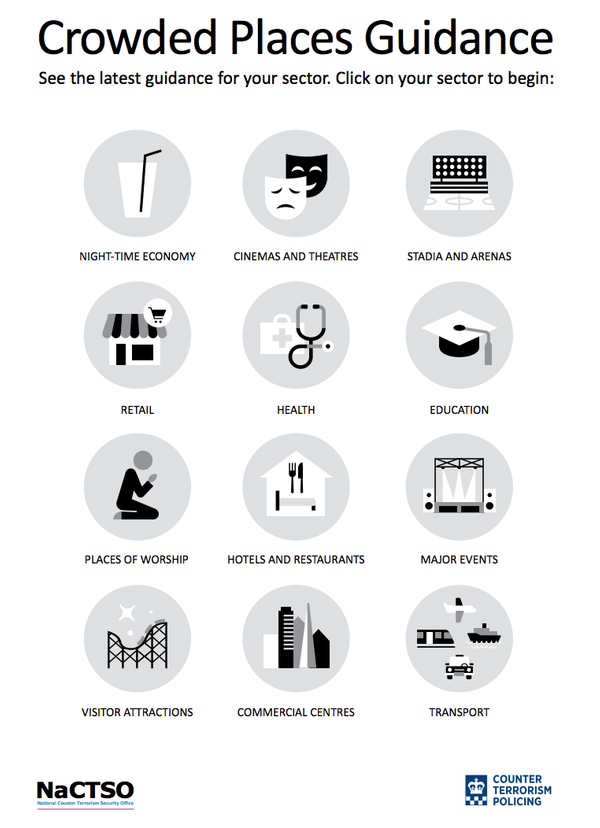
About the author
Nigel Peers is a security consultant, data protection practitioner and trainer. With a military background and founder of a workplace compliance training company, Peers possesses a wealth of expertise in conducting security site surveys, vulnerability assessments and delivering Security Industry Authority (SIA) and other industry-related training courses.
About NW Security Group
NW Security Group provides security planning consultancy and training as well as planning and physical security equipment specification, configuration and installation services.